It felt super appropriate that I met up with Abner Mason, Founder of SameSky Health, on Valentine’s Day 2022. While we conversed via Zoom, Abner’s positive energy vibrated over the 5,600 miles between him in LA County and me in Brussels, Belgium – nine hours apart, but in the proverbial same room in the conversation.
My initial ask of Abner was to discuss the re-branding of ConsejoSano to SameSky Health, but I first wanted to hear the man’s origin story.
And that, you will learn, has everything to do with loving parents, the power of education from a young age, a curious mind, and an open heart along life’s twists and turns.
 Abner grew up in Durham, North Carolina. He didn’t know or feel it at the time, but looking back, he realizes he came from a very low-income family. Both of his parents worked, but he never lacked for anything.
Abner grew up in Durham, North Carolina. He didn’t know or feel it at the time, but looking back, he realizes he came from a very low-income family. Both of his parents worked, but he never lacked for anything.
His parents created “a loving environment,” Abner recalled, bolstering a sense of security, a place where he felt he was wanted.
“That’s really important early on,” Abner has appreciated.
Another gift Abner’s parents gave him was mentors – not formally named as such, but bringing people into the young man’s life who were successful and achieving things that were, as Abner put it, “bigger than my vision at the time,” and he got an idea that maybe there were schools “out there” beyond the local Durham education system.
One of the keys to Abner, I learned, is that his parents were dedicated to their children’s education. They did not attend college themselves, and focused on higher ed for their three children which included two daughters and one son – Abner, the youngest of the siblings. All three kids went to college. But before that, here’s a fascinating piece of Abner’s educational journey…
When he was 14 years old, Abner approached his parents about attending a boarding school away from his Durham home. And amazingly, while they knew little about the concept, Abner’s parents didn’t say “no.”
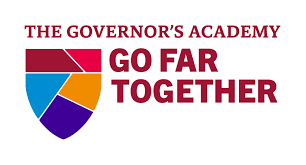 Every year, the Mason’s visited their extended family who lived up north in New York, and so Abner suggested on one of these trips they visit some of the boarding schools in New England. When they toured Governor’s Academy in Byfield, Massachusetts, Abner felt a connection. While this was a world of mostly wealthy students, that did not dissuade Abner from the goal of attending the school.
Every year, the Mason’s visited their extended family who lived up north in New York, and so Abner suggested on one of these trips they visit some of the boarding schools in New England. When they toured Governor’s Academy in Byfield, Massachusetts, Abner felt a connection. While this was a world of mostly wealthy students, that did not dissuade Abner from the goal of attending the school.
He met the teachers and thought, “this could be good for me.”
To his surprise, his parents said, “yes.” Abner received a scholarship to attend 10th through 12th grade there.
It was “mind-blowing,” he said, of this experience at the oldest boarding school in continuous operation since 1763.
At the Academy, graduating class of 1980, he was one of nine students of color – all young men – the other eight of whom were recruited for their athletic prowess.
Abner’s scholarship was for his academic gifts.
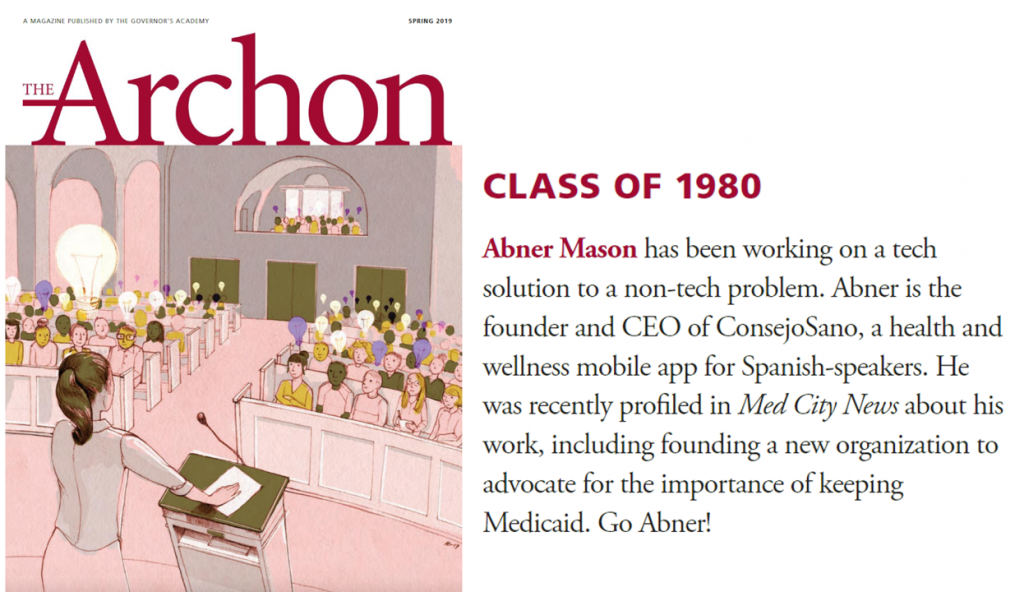 After graduating from Governor’s Academy, Abner attended Harvard which was “mind blowing” once again. He met people from all parts of the world, majored in the philosophy of science, and thought he might go to medical school.
After graduating from Governor’s Academy, Abner attended Harvard which was “mind blowing” once again. He met people from all parts of the world, majored in the philosophy of science, and thought he might go to medical school.
Fate had other things planned for Abner.
Once graduated, Abner took his first job with Bain & Company in the consultant training program and just so happened to be exposed to health care clients, inspiring an interest in the finance side of health.
He was living in the south end of Boston, and one of his friends in the brownstone was running for state representative in Massachusetts. Abner helped out on the campaign. While his friend did not win his race, William Weld did win the governor’s post and Abner joined State government under Weld.
A fiscal conservative and social liberal supporting gay and women’s rights, Weld was a “combination that appealed to me,” Abner recognized.
He ended up working in Massachusetts State government for about 15 years.
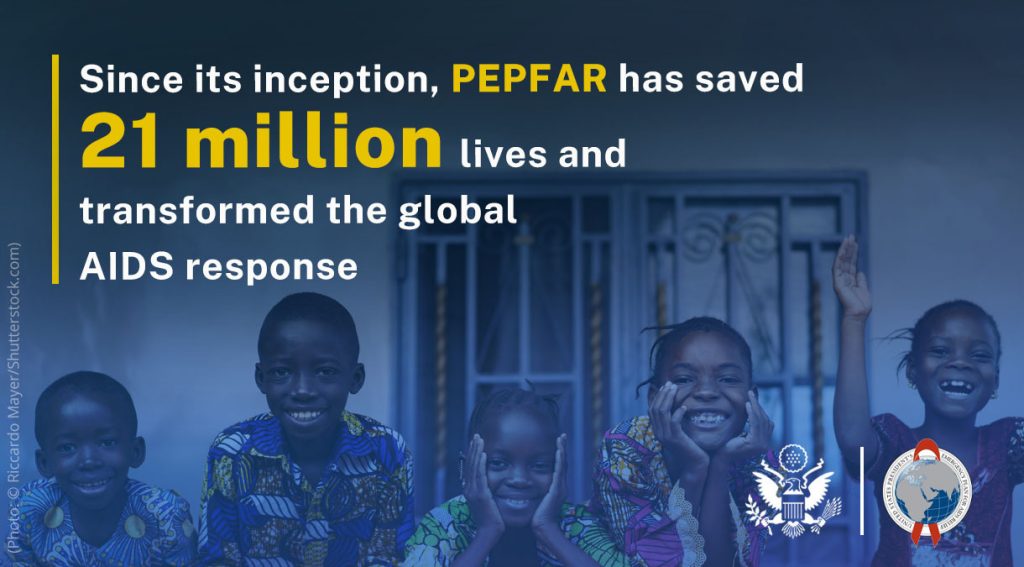 Abner’s evolution in state government began in transportation, moving up to undersecretary then working in a number of roles, finally ascending to Chief Policy Advisory for Governor Paul Cellucci. Eventually, Cellucci became ambassador to Canada under President George W. Bush. And then the President invited Abner to serve on the Presidential Advisory Council on HIV/AIDS.
Abner’s evolution in state government began in transportation, moving up to undersecretary then working in a number of roles, finally ascending to Chief Policy Advisory for Governor Paul Cellucci. Eventually, Cellucci became ambassador to Canada under President George W. Bush. And then the President invited Abner to serve on the Presidential Advisory Council on HIV/AIDS.
This kicked off Abner’s journey into a pandemic.
“We live in [another] one now,” he said, but HIV/AIDS was more deadly.
In his role, Abner went to Africa and saw a shocking scale of death in large communities in the hardest-hit countries in the world.
The U.S. was in a position to help, and the miracle of antiviral drugs worked to address the death sentence that was AIDS in 2002.
Abner was part of one of the biggest humanitarian efforts in U.S. history, PEPFAR, which helped channel antiviral drugs to the most needful patients in the world.
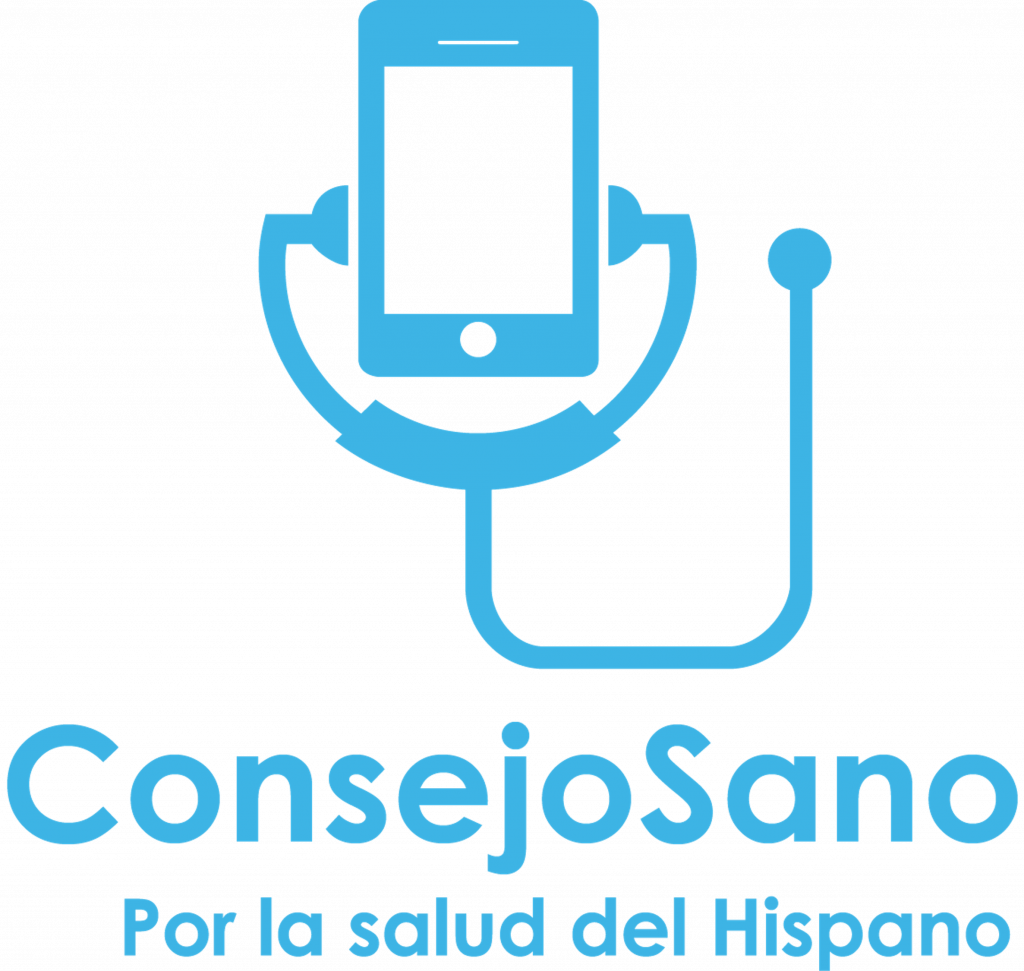 Abner then went to Mexico and witnessed the emergence of telemedicine there. He also acknowledged the growing population of Hispanic people in the U.S. which was under-served by the nation’s health care system, realizing the promise of virtual care could have a positive impact for these patients. He envisioned ConsejoSano as a telemedicine company that could address this challenge and he raised angel funding, creating a minimum viable product.
Abner then went to Mexico and witnessed the emergence of telemedicine there. He also acknowledged the growing population of Hispanic people in the U.S. which was under-served by the nation’s health care system, realizing the promise of virtual care could have a positive impact for these patients. He envisioned ConsejoSano as a telemedicine company that could address this challenge and he raised angel funding, creating a minimum viable product.
What he didn’t realize at the time was that “we were a company trying to solve health disparities.”
But in 2013, health equity wasn’t on anyone’s agenda.
When Abner met up with investors in the venture capital community at the time, he said it was “a struggle to talk to people about a solution that focused on the underserved and Medicaid.” Abner would talk about Medicaid, and the VC community didn’t understand what Medicaid was having little to no exposure to the payor.
“People know their experience.”
It was a struggle, but fast forward to today….and now, in this other pandemic era, we have “a once in a 100-year opportunity” as Abner sees it.
“There is a recognition by stakeholders across all of health care that the status quo is not sufficient….but just because you have the moment of opportunity doesn’t mean you are going to take advantage of it,” he realizes.
Still, Abner is cautiously optimistic. More people are talking about policy change — systemic, sustainable changes. For example, Abner now sees that every Medicaid RFP has health equity embedded in it. “People are being held to account in a way they weren’t before,” he observes.
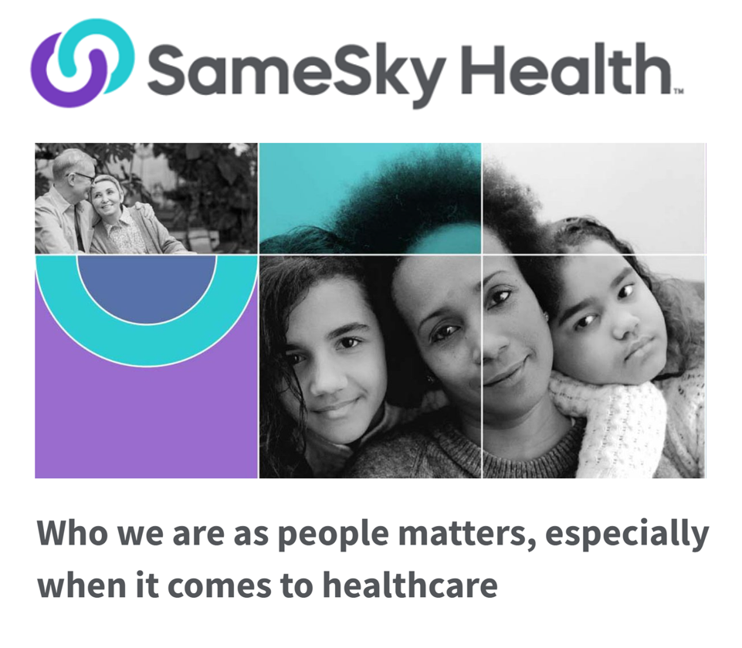 We then came full circle to my initial question: why the re-branding strategy, moving from “ConsejoSano” to “SameSky Health?”
We then came full circle to my initial question: why the re-branding strategy, moving from “ConsejoSano” to “SameSky Health?”
Having heard Abner’s origin story and career journey, you can now sense the answer to that question.
“We started off serving Latinos and Spanish speakers…but treating them all the same doesn’t work,” Abner explained. There are differences that are meaningful across the Latino population and, indeed, across all populations.
“We must treat people like who they are matters,” using all kinds of data – public data, health data, claims data, and so on.
“Nobody wants to be treated like who they are doesn’t matter. We can serve everybody.”
And we do all live under the Same Sky, don’t we?
The company realizes that culture is more important than a language, although at SameSky Health, the team represents at least 30 languages.
So the new name communicates “that we all deserve a health care system that works for all of us,” Abner asserts.
“That name captures the aspirational view that we are connected.”
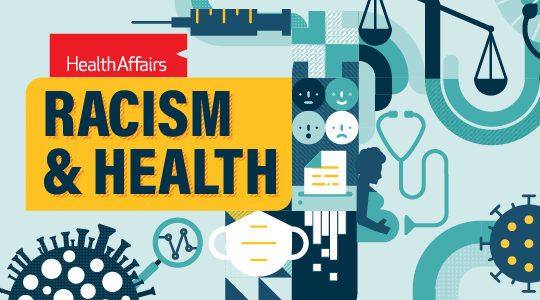 Health Populi’s Hot Points: The February 2022 issue of Health Affairs is themed “Racism and Health.” In this compelling publication, you will find articles covering systemic and structural racism, the factor of geography and “place” (THINK: ZIP code more impactful on health than genetic code), and public policy.
Health Populi’s Hot Points: The February 2022 issue of Health Affairs is themed “Racism and Health.” In this compelling publication, you will find articles covering systemic and structural racism, the factor of geography and “place” (THINK: ZIP code more impactful on health than genetic code), and public policy.
In addition, some fresh and critical insights into the role of racial bias in the electronic health record and in machine learning and AI feel especially timely and addressable “now.”
Now that is, as Abner says, “We have the data, technology, tools, and resources…[but] will we take advantage of this opportunity to make our health care system work for everyone?”
I know Abner and his team are working on just that…bolstering my own optimism, as well.


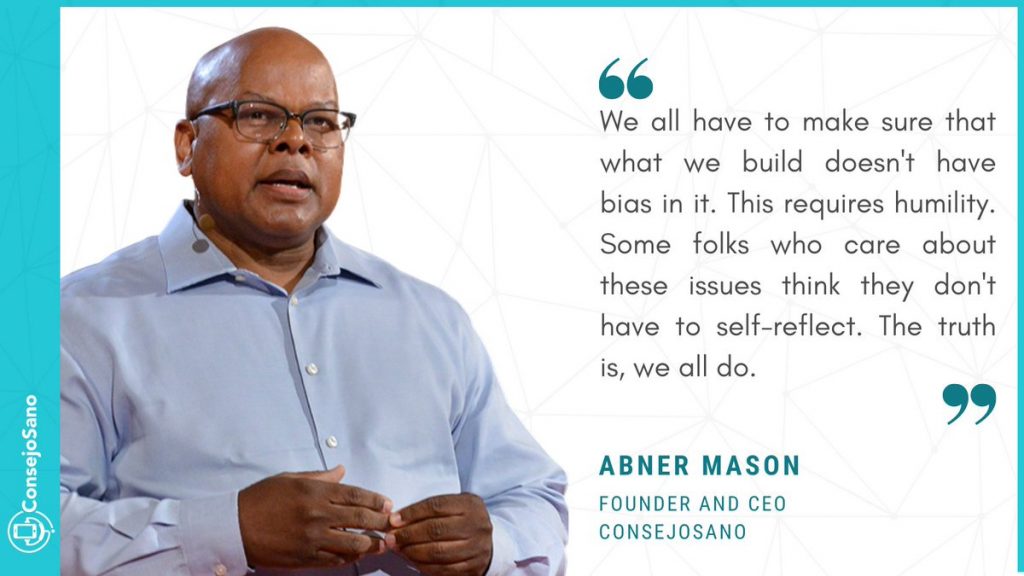


 Thank you FeedSpot for
Thank you FeedSpot for